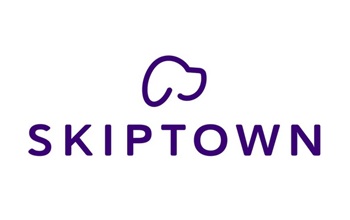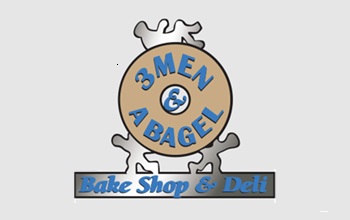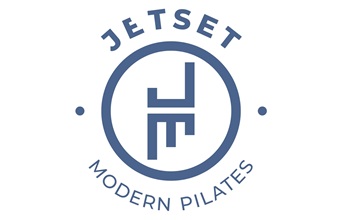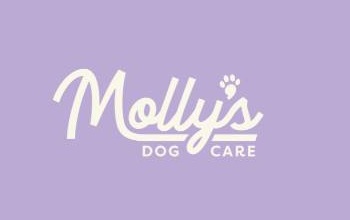
There's a significant hurdle in front of many prospective franchisees: funding. While a traditional bank loan might seem like the only way, it’s not. Relying solely on that avenue can limit your opportunities and may not be the best fit for your unique financial situation.
The good news is that the franchise industry has evolved to offer a variety of creative and flexible financing methods. Let’s explore some of the most powerful and often overlooked strategies for securing the capital you need to get your new business off the ground.
Franchise Financing Options Beyond Bank Loans - SBA-Backed Loans: The most common SBA loan for franchises is the 7(a) loan, which can be used for a variety of purposes. For franchises, the SBA uses its Franchise Directory to shorten the timeline for a loan decision. - Rollovers for Business Startups: ROBS are an alternative for prospective franchisees with 401(k) or IRA funds. - Personal Assets: Prospective franchisees can secure portfolio-based lending (also known as a securities-backed line of credit). This method allows you to borrow against the value of your investment portfolio. - Seller Financing: If buying an existing franchise, check to see if the current owner would agree to finance a part of the sale, acting as a private lender. - Crowdfunding: In equity crowdfunding, a number of people invest small amounts of money in your business in exchange for a stake in the company. - You're not limited to just one funding option. The best approach is often a hybrid one, combining various sources to create a more stable financial foundation. |
Small Business Loans
For many, the first and most appealing alternative is an SBA loan. The U.S. Small Business Administration (SBA) doesn't lend money directly, but it guarantees part of the loan to participating lenders, making them more willing to lend to small businesses.
This government backing translates into several key benefits for you: longer repayment terms, lower interest rates, and often, a smaller down payment than a conventional loan. The most common SBA loan for franchises is the 7(a) loan, which can be used for a variety of purposes, including working capital and purchasing real estate. The SBA also has a key tool for prospective franchisees: the SBA Franchise Directory.
As noted in our article on Franchise SBA loan approval, this directory lists brands whose franchise agreements have been pre-vetted by the SBA, which can significantly streamline the loan application process. It’s a crucial resource to check early in your research to see if your chosen brand is on the list.
Rollovers for Business Startups (ROBS)
Another possibility to consider is Rollovers for Business Startups (ROBS). For those with significant retirement savings, this method enables you to use your 401(k) or IRA funds to finance your franchise without incurring early withdrawal penalties or taxes.
The ROBS process involves setting up a new business corporation and a related 401(k) plan, then rolling your retirement funds into the new plan. While it avoids interest and debt, it's a complex process that carries the risk of putting your retirement security at risk. It's essential to work with a professional who specializes in ROBS to navigate the IRS regulations correctly.
Leveraging Your Assets
Your personal financial assets can be a powerful source of funding. Instead of a standard loan, you can secure portfolio-based lending. This method, also known as a securities-backed line of credit, allows you to borrow against the value of your investment portfolio, which includes stocks, bonds, and mutual funds, without selling off your assets.
Using your own assets can be a highly efficient way to obtain capital quickly, and the interest rates are often lower than those of traditional business loans. The risk, of course, is that a downturn in the market could affect your collateral, so it’s a strategy best used with a well-diversified portfolio and a clear repayment plan.
Seller Financing
For those looking to buy an existing franchise location, seller financing is a powerful tool. In this scenario, the current owner agrees to finance a part of the sale, acting as a private lender. You make a down payment, and the seller receives regular payments over a set period, just like a bank would. This can be a win-win: it makes the sale more accessible to a broader pool of buyers and provides the seller with a steady stream of income. It also demonstrates the seller's faith in the business's profitability.
Crowdfunding
Finally, a truly modern approach is crowdfunding. While it’s more common for creative projects, it has also found a place in the franchise world.
Equity crowdfunding platforms allow a number of people to invest small amounts of money in your business in exchange for a stake in the company. It can be a way to raise capital without taking on debt, but it requires a compelling business plan and a strong marketing campaign to attract investors.
—
Choosing the right financing option for your franchise is a profoundly personal decision. It requires a clear-eyed assessment of your financial health, your tolerance for risk, and your long-term goals. The best approach is often a hybrid one, combining various sources to create a robust and stable financial foundation for your new business. By exploring these options beyond the traditional bank loan, you can secure the capital you need and take a confident step toward your future as a franchise owner.
~~
Kimberly Crossland is a copywriter, content strategist, and creator. Her goal is to inspire meaningful change through a strategic and thoughtful approach to life and business. In her free time, you can find her homeschooling her kids or on the road looking for a new adventure together with her boys.



















